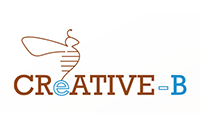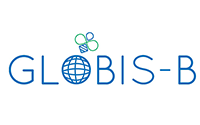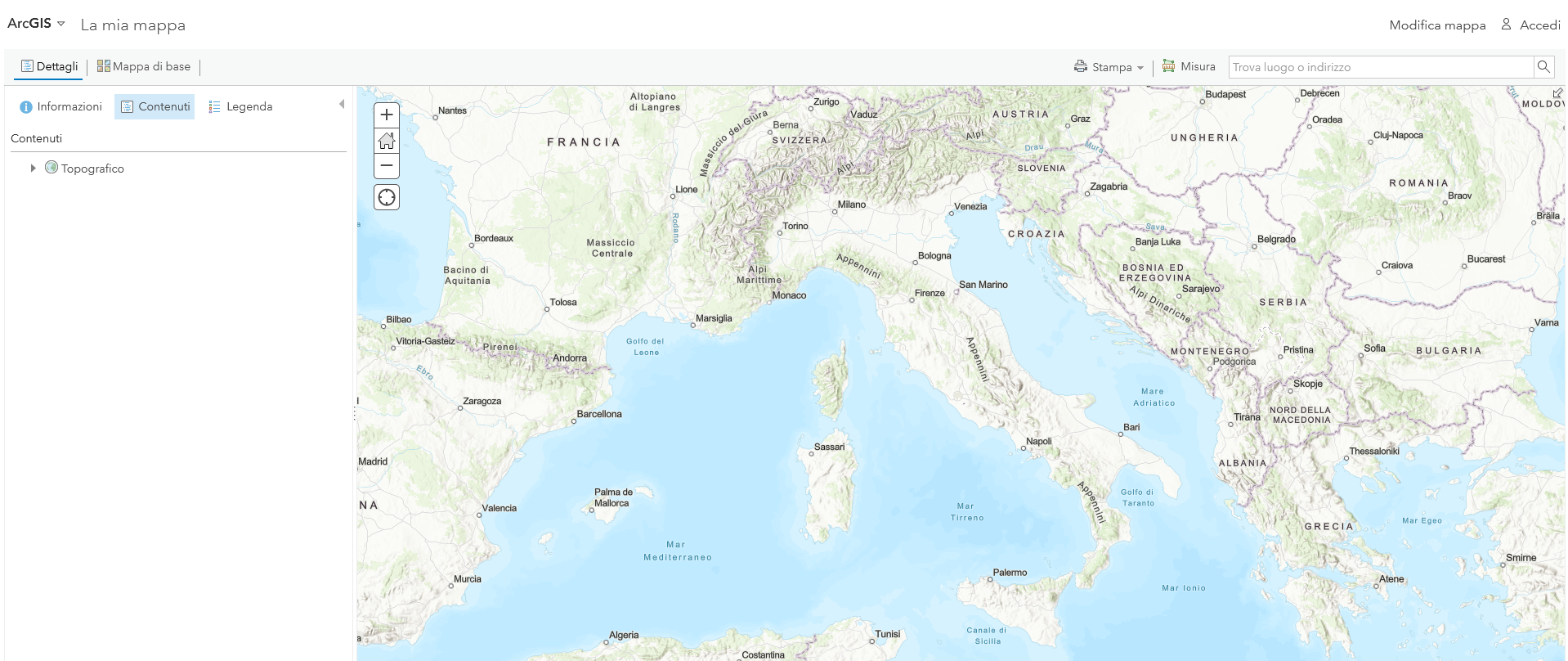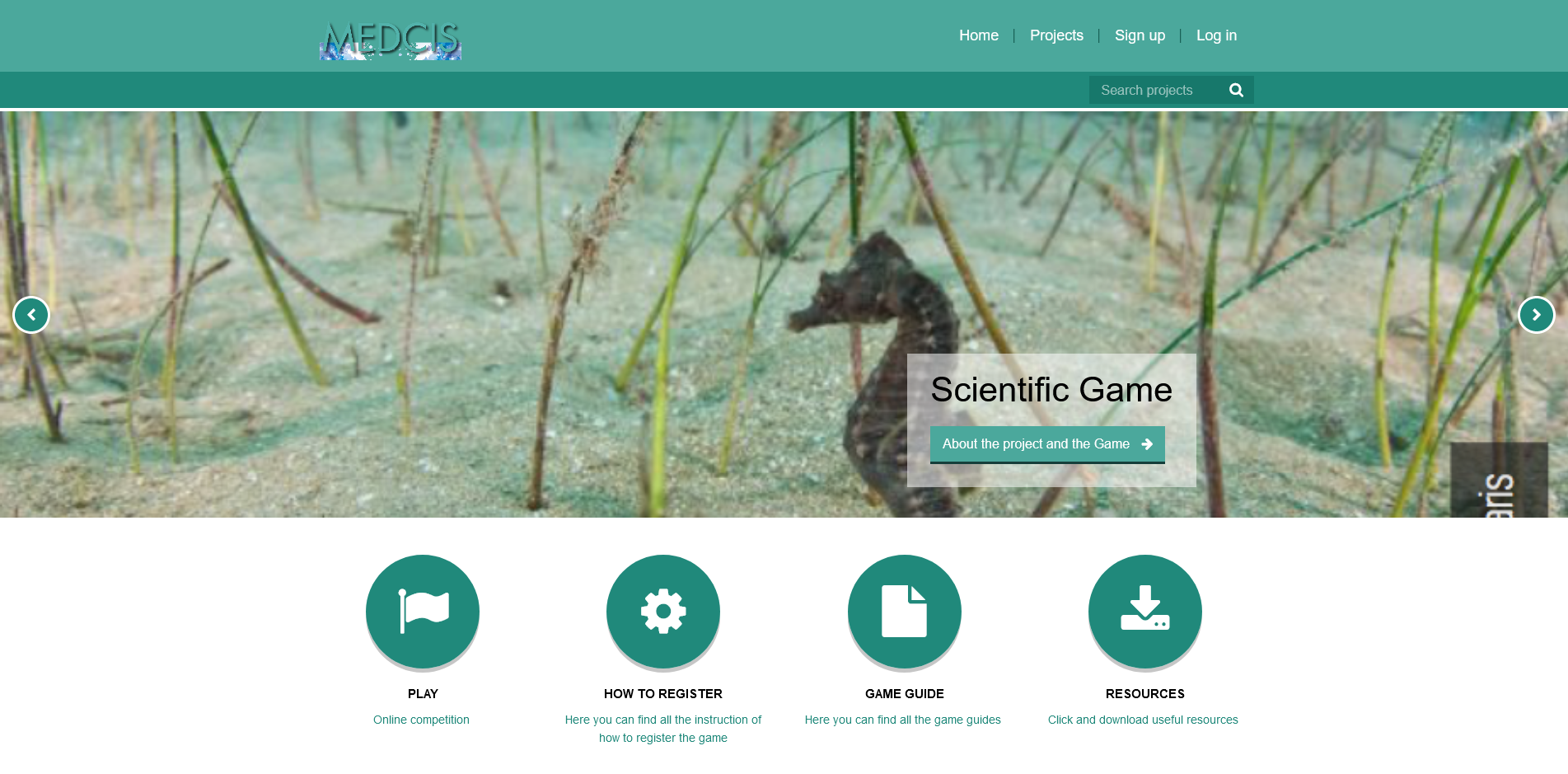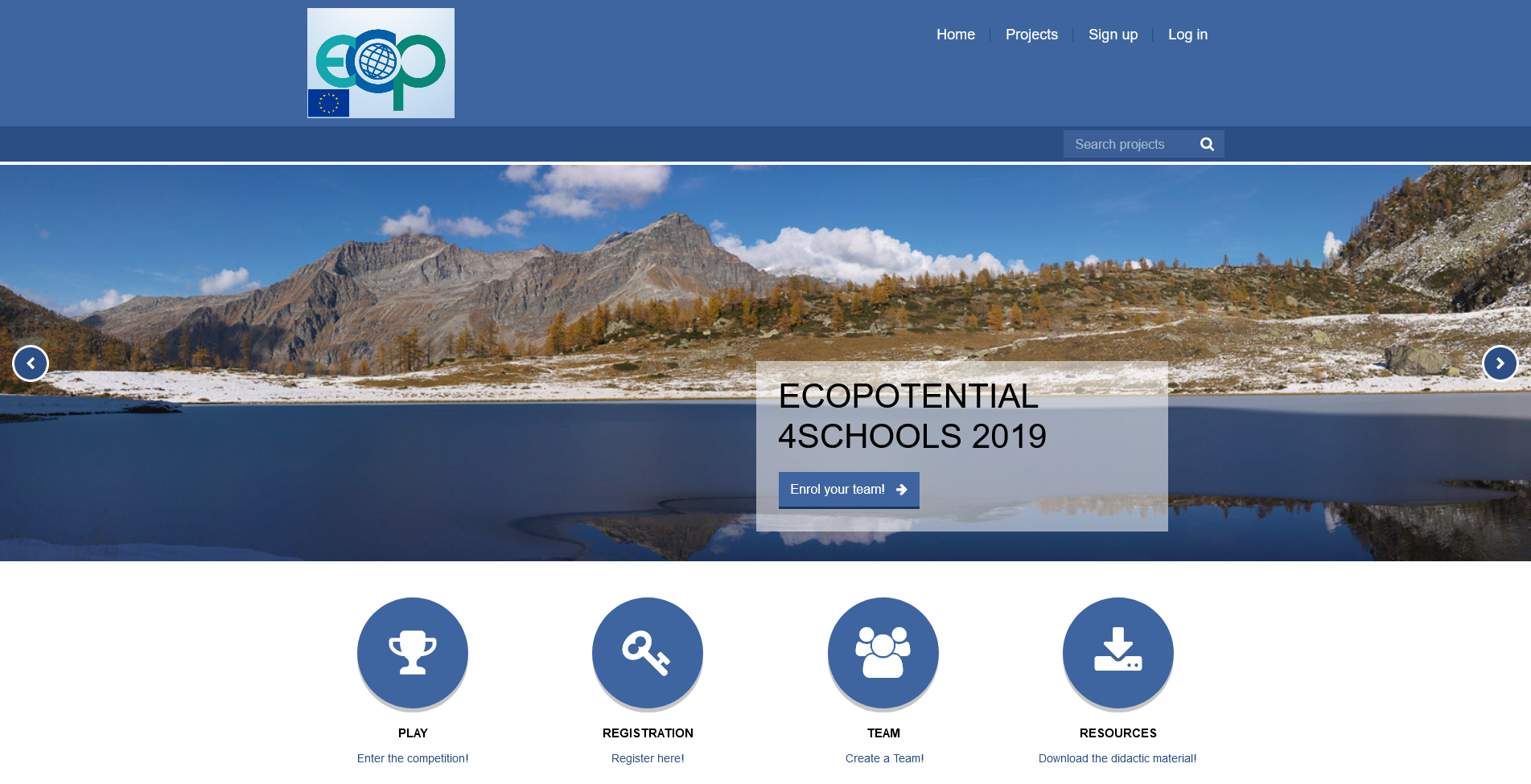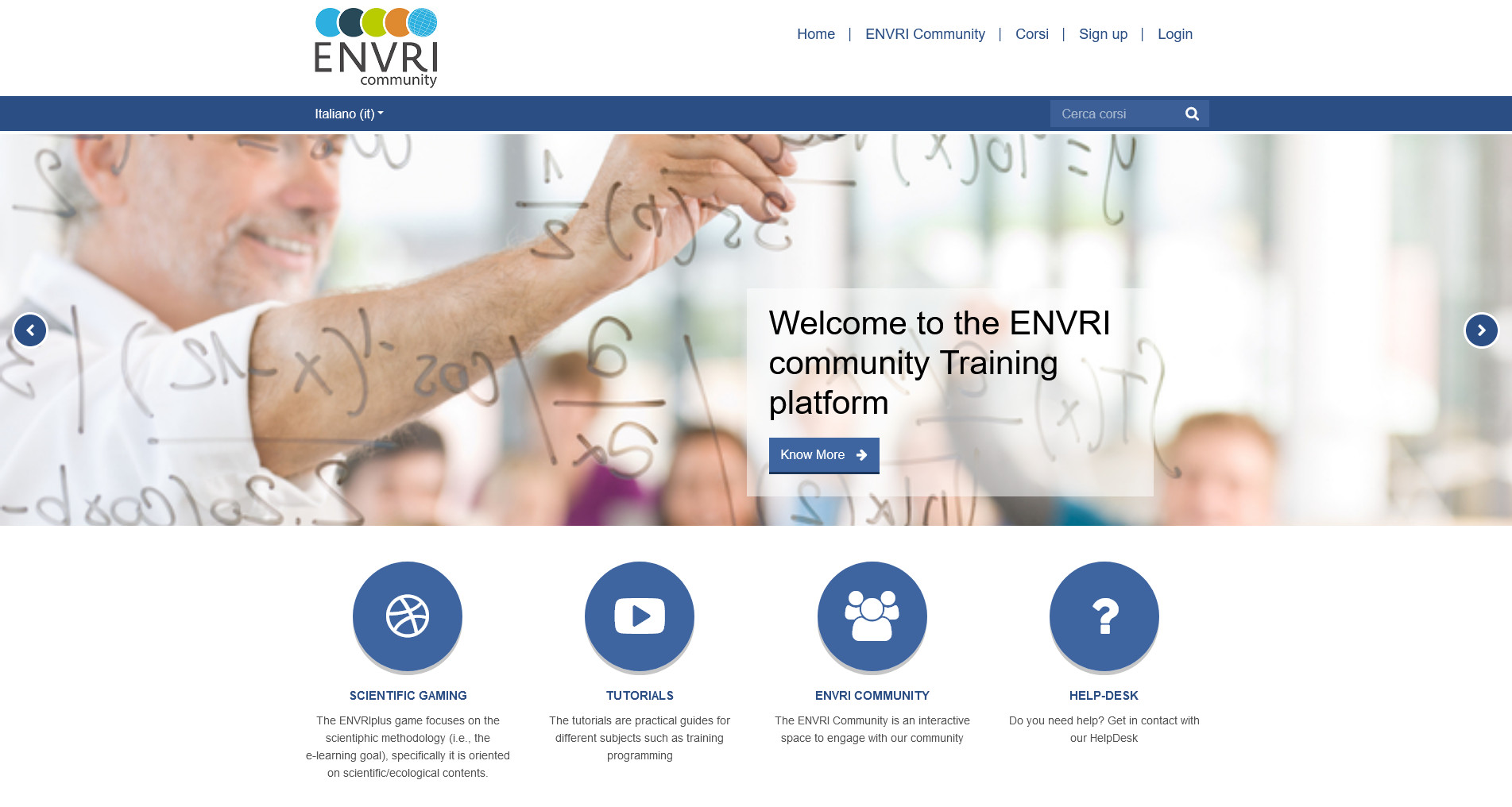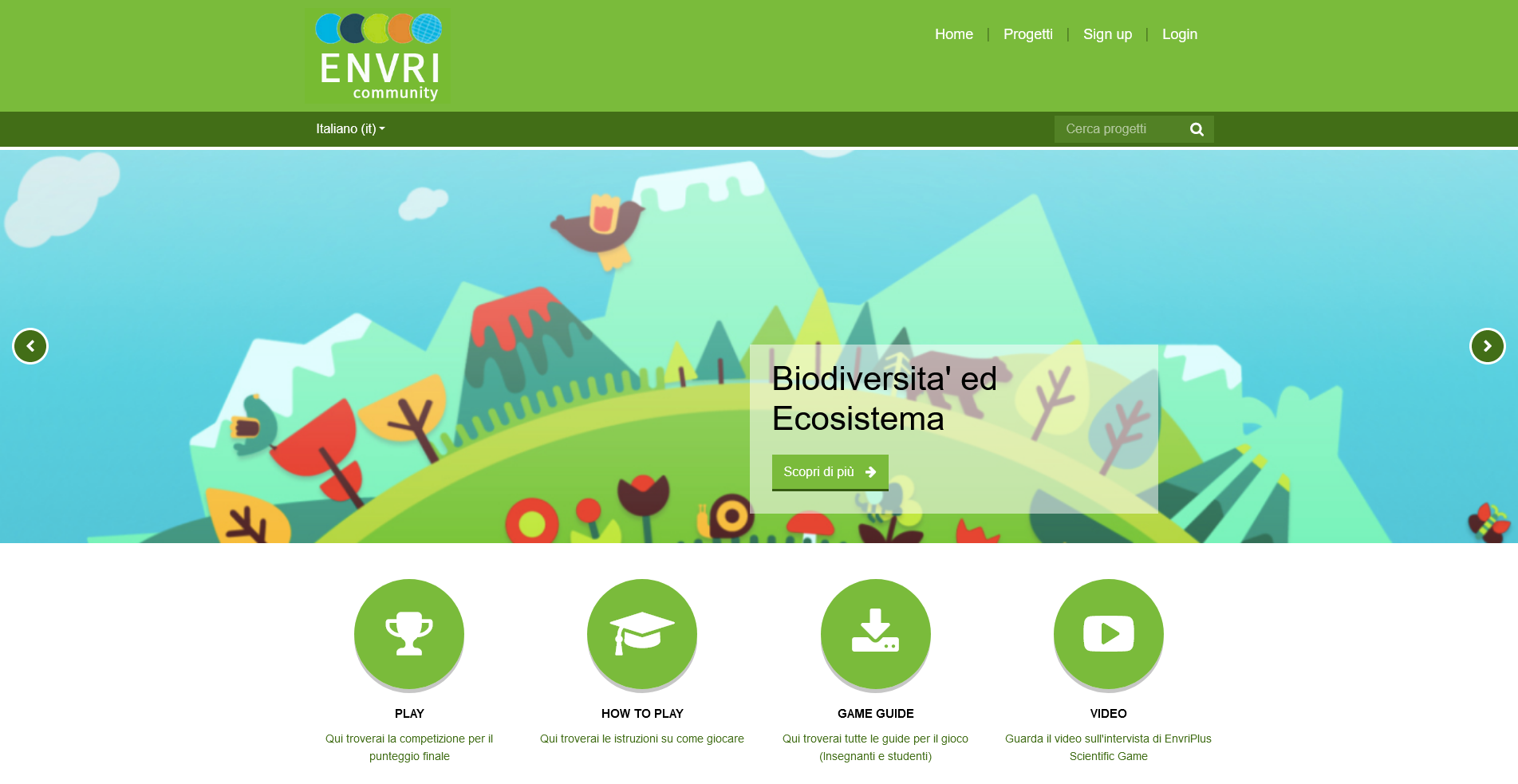CReATIVE-B
The EU-funded CREATIVE-B (Coordination of research e-infrastructures activities toward an international virtual environment for biodiversity) initiative was established to bridge the gaps between national life sciences research infrastructures. CREATIVE-B worked with organisations in Australia, Brazil, China, South Africa and the United States, as well as with the Global Biodiversity Information Facility (GBIF) and GEOSS/GEOBON, to coordinate global life sciences research infrastructures. A co-organised international Global Biodiversity Informatics Conference in 2012 assisted in engaging wider communities.
CReATIVE-B
The EU-funded CREATIVE-B (Coordination of research e-infrastructures activities toward an international virtual environment for biodiversity) initiative was established to bridge the gaps between national life sciences research infrastructures. CREATIVE-B worked with organisations in Australia, Brazil, China, South Africa and the United States, as well as with the Global Biodiversity Information Facility (GBIF) and GEOSS/GEOBON, to coordinate global life sciences research infrastructures. A co-organised international Global Biodiversity Informatics Conference in 2012 assisted in engaging wider communities.
The project created a High Level Stakeholders Group to ensure a common approach to funding and maintenance of national research infrastructures, such as data centres. This Group established a joint action plan to develop international biodiversity indicators to encourage interoperability.
CREATIVE-B identified barriers to global interoperability and developed recommendations to address these barriers. Recommendations included improving the global standard and quality of data, and sharing tools, workflows and other technical resources.
Finally, project partners developed recommendations for legal interoperability, such as adhering to open source principles and developing common policies. Overall, the work of CREATIVE-B will lead to high-impact and effective life sciences research around the world.
Please find more about project results on the EC commission web page.
Contacts
Faculty of Science
University of Amsterdam
Science Park 904
1094 XH Amsterdam
THE NETHERLANDS
w.los(at)uva.nl
IRIS-SES
BIG
BIOforIU
BIOforIU is an Italian PON project dedicated to the construction of the related infrastructure BIOforIU,
an infrastructure designed to study living organisms and the mechanisms that underlie the functioning of biodiversity.
The project
BIOforIU represents a model of cooperation whose interdisciplinary approach provides responses to the challenges arising from the growing complexity of the studied phenomena. BIOforIU is organised into 5 units:
- an experimental centre for biodiversity and ecosystem functioning research (Lecce),
- an advanced centre for the study of molecular biodiversity (Bari),
- an advanced centre for bioimaging and research into marine organisms (Naples), and
- an observatory for marine biodiversity (Capo Granitola).
BIOforIU forms part of a network of European research bodies including ELIXIR, LifeWatch ERIC and EMBRC ERIC.
Contacts
c/o University of Salento
Via Provinciale Lecce-Monteroni sn
73100 Lecce ITALY
info.bioforiu(at)unisalento.it
+39 0832 29 86 00
Project contribution
GLOBIS-B
The mission of the GLOBIS-B project is to foster the global cooperation of biodiversity research infrastructures and biodiversity scientists to advance the implementation and calculation of Essential Biodiversity Variables (EBVs). The project aims to identify the required primary data, analysis tools, methodologies, and legal and technical bottlenecks to develop an agenda for research and infrastructure development to compute EBVs.
The project
The GLOBIS-B project “GLOBal Infrastructures for Supporting Biodiversity research” is a Horizon 2020 project within the coordination & support action funding scheme of the H2020-INFRASUPP-2014-2 call of the European Commission. The main aim of the project is to bring together scientists with global research infrastructure operators and legal interoperability experts to address the research needs and infrastructure services required to calculate Essential Biodiversity Variables (EBVs).
The mission of the GLOBIS-B project is to foster the global cooperation of biodiversity research infrastructures and biodiversity scientists to advance the implementation and calculation of Essential Biodiversity Variables (EBVs). The concept of EBVs has been introduced by the Group on Earth Observations Biodiversity Observation Network (GEO BON) as one of the benefit areas of the Global Earth Observation System of Systems (GEOSS).
Please visit the project website to know more about GLOBIS-B.
Contacts
University of Amsterdam, Faculty of Science
Jacco Konijn
Science Park 904
1098 XH Amsterdam
THE NETHERLANDS
j.l.konijn(at)uva.nl
Research Game
MEDCIS
MEDCIS project is a follow up of the previous two calls from DG Environment that dealt with Joint Monitoring proposals and assistance on the Member States to develop Action Plans for Integrated Monitoring Programmes, Programmes of Measures and Data Management, under the obligations of the Marine Strategy Framework Directive (MSFD).
The project
The 3rd call addressed the implementation of the second cycle of the MSFD; achieving coherence, coordinated and consistent updates of the determinations of Good Environmental Status (GES), Initial Assessments and Environmental Targets.
The key objectives of this project are: 1) to facilitate and provide the methodological standards for the next phase of MSFD, towards coordinated approaches between MSs, by reviewing, comparing, selecting and adapting appropriate existing methodologies; 2) to focus on Mediterranean regional/subregional cooperation and standardization, taking in consideration its specificities and therefore recommend suitable approaches for this region.
MEDCIS, will address most of the descriptors at Mediterranean level (all subregions) with a focus on the following:
- Biodiversity including NIS and seafloor integrity
- Marine litter
- Noise
Find out more about the project here
Project contribution
ECOPOTENTIAL
ECOPOTENTIAL is an Horizon 2020 project, focusing its activities and pilot actions on a targeted set of internationally recognised protected areas (PA) in Europe, European Territories and beyond, including mountain, arid and semi-arid, and coastal and marine ecosystems. Building on the knowledge gained in individual PAs, ECOPOTENTIAL addresses cross-scale ecological interactions and landscape-ecosystem dynamics at regional to continental scales, using geostatistical methods and the emerging novel approaches in Macrosystems Ecology.
The project
Building on the knowledge gained in individual PAs, the ECOPOTENTIAL project will address cross-scale ecological interactions and landscape-ecosystem dynamics at regional to continental scales, using geostatistical methods and the emerging novel approaches in Macrosystems Ecology, which is addressing long-term and large-scale ecological challenges. ECOPOTENTIAL addresses the entire chain of ecosystem-related services, by (a) developing ecosystem data services, with special emphasis on Copernicus services; (b) implementing model output services to distribute the results of the modelling activities; and (c) estimating current and future ecosystem services and benefits, combining ecosystem functions (supply) with beneficiaries needs (demand). In ECOPOTENTIAL all data, model results and acquired knowledge will be made available on common and open platforms, coherent with the Global Earth Observation System of Systems (GEOSS) data sharing principles and fully interoperable with the GEOSS Common Infrastructure (GCI).
LifeWatch Italy is working on WPs 2, 5 and 12. Please find out more on the work package activities here.
Please find out more about the project here.
Contacts
Institute of Geosciences and Earth Resources of the National Research Council of Italy (IGG – CNR)
Via Giuseppe Moruzzi, 1
56124 Pisa
ITALY
info(at)ecopotential-project.eu
Project contribution
ENVRI
The ENVRI community is a community of Environmental Research Infrastructures, projects, networks and other diverse stakeholders interested in environmental research infrastructure matters. The community also includes e-infrastructures supporting the Research Infrastructures in data solutions. All the RIs share the same challenges, both in their constructions and operations. The ENVRI community thus encourages a joint work to develop the synergies, learn from each other, harmonise the RI landscape, products and share best practices.
The Project
The ENVRI community is a community of Environmental Research Infrastructures, projects, networks and other diverse stakeholders interested in environmental research infrastructure matters. The community also includes e-infrastructures supporting the Research Infrastructures in data solutions.
Although very diverse, all the Research Infrastructures share the same challenges, both in their constructions and operations. The ENVRI community thus encourages a joint work to develop the synergies, to learn from each other, to harmonize the Research Infrastructure landscape, products and to share the best practices. Last but not least, the ENVRI community works towards the joint vision and strategy to streamline the Research Infrastructures activities.
Find out more about the community here.
Contacts
ENVRIplus Project Office
c/o ICOS ERIC Head Office
Eric Palménin aukio 1
FI-00560 Helsinki
FINLAND
ENVRIplus-coordination(at)helsinki.fi

